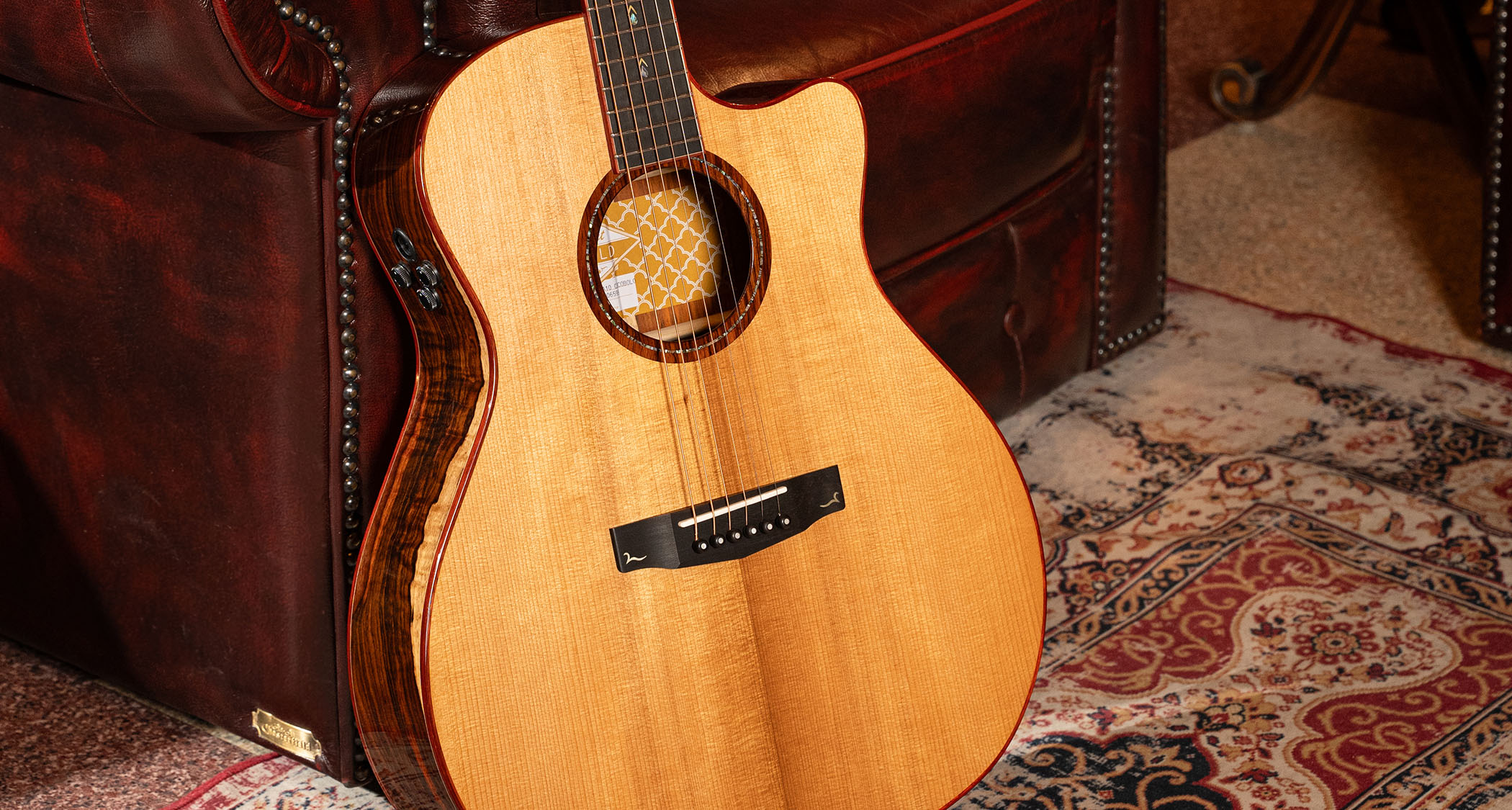“I thought, ‘have I done something heinous?’”: James Blake reminds Brian Eno that he once accused him of using ‘the arsehole chord’ and demands to know what it actually is
“There’s a way of resolving things in songs which always disappoints me,” Eno begins to explain…
When James Blake sat down with Brian Eno recently, it was ostensibly so that he could play the legendary producer some choice cuts from his new album, Playing Robots Into Heaven, and get his feedback. However, as their conversation developed, it became clear that something else had been playing on Blake’s mind.
“You once accused me of using the ‘arsehole chord,’” says Blake at one point, somewhat out of the blue. A slightly taken aback Eno then begins to chuckle, as Blake goes on to ask to explain what the ‘arsehole chord’ actually is.
“There’s a way of resolving things in songs which always disappoints me,” replies Eno. “You have a sort of ‘setup’, and then you’re thinking ‘don’t go to that one, don’t go to that one’, and it goes to that one and you think ‘Oh, God.’”
Providing a little more context, Blake adds: “It was in my most popular song - in Retrograde. I played it to you and you went [points] ‘that chord, that’s the arsehole chord’. And I thought, ‘have I done something heinous?’”
Probably not, James, but let’s take a step back and work out what the chord in question actually is. Discussing the relevant bit in Retrograde, Blake says, “So it starts with a G major chord,” before Eno interrupts. “We like that, we like G major,”
Determined not to lose his thread, Blake then continues: “And the bottom G in the right hand I moved it up to an Ab, and that made it a kind of diminished over a G bass, and that was when your head cocked, like a dog listening to a high pitch, and you said ‘that’s the arsehole chord.’”
More chuckling from Eno, but Blake isn’t finished. “The song doesn’t work without it!” he argues, seeking Eno’s forgiveness. “I’ve tried it without it - because obviously it impacted me, that moment - and it didn’t work.”
Get the MusicRadar Newsletter
Want all the hottest music and gear news, reviews, deals, features and more, direct to your inbox? Sign up here.
Even more chuckling from Eno, who manages to stifle the laughter for a moment to apologise (though he doesn’t sound that sorry).
“Years of pain,” replies Blake, in mock fury. “Therapist’s office.”
“How much did it cost you in therapy?” asks Eno, playing along. “20 grand?” says Blake, running with the gag.
“I”m sorry about that - I’ll make it up to you one day,” replies Eno, but he clearly believes he has a point.
“For songwriters, I really think they often think ‘oh, it’s all majors, I’d better put in a minor’,” Eno argues. “You think ‘fucking why?!’ You don’t have to put sugar in everything you cook, or salt or whatever. I used to say ‘ban all minor chords’ just to annoy people. Just to make them think differently about what they were doing.”
To be fair, this is one of the few strident opinions that Eno voices during the conversation. Listening to Blake’s new record, he describes album opener Asking To Break as “so nice” and “a lovely song”, for example.
He has a stronger view on Tell Me, though: “That is disturbing,” is his instant reaction. “Disturbingly brilliant. I think that’s the modernist piece of music I’ve heard for a long time.” Elsewhere in the chat, Eno reveals that, when listening to a song, lyrics are “usually the last thing I pay any attention to”.
It’s that ‘arsehole chord’ ineraction that sticks in the memory, though. In fact, Eno feels the need to apologise again for his comment as the conversation draws to a close (“It really made me laugh, honestly,” smiles Blake).
It’s Eno who has the final word, though, and there’s one final barb. “There’ll now be somebody who’ll base their whole career on using only arsehole chords. Is that called jazz?”



I’m the Deputy Editor of MusicRadar, having worked on the site since its launch in 2007. I previously spent eight years working on our sister magazine, Computer Music. I’ve been playing the piano, gigging in bands and failing to finish tracks at home for more than 30 years, 24 of which I’ve also spent writing about music and the ever-changing technology used to make it.
“I’d be running from the studio to other speakers in the house, basically going insane trying to get mixes to sound correct”: Ezra Collective’s Joe Armon-Jones on why he created his Aquarii Studios and his dub-influenced mixing technique
“I haven’t been able to see the performance, but I have enjoyed it”: Elton John tells audience at Devil Wears Prada premiere that he’s lost his sight









